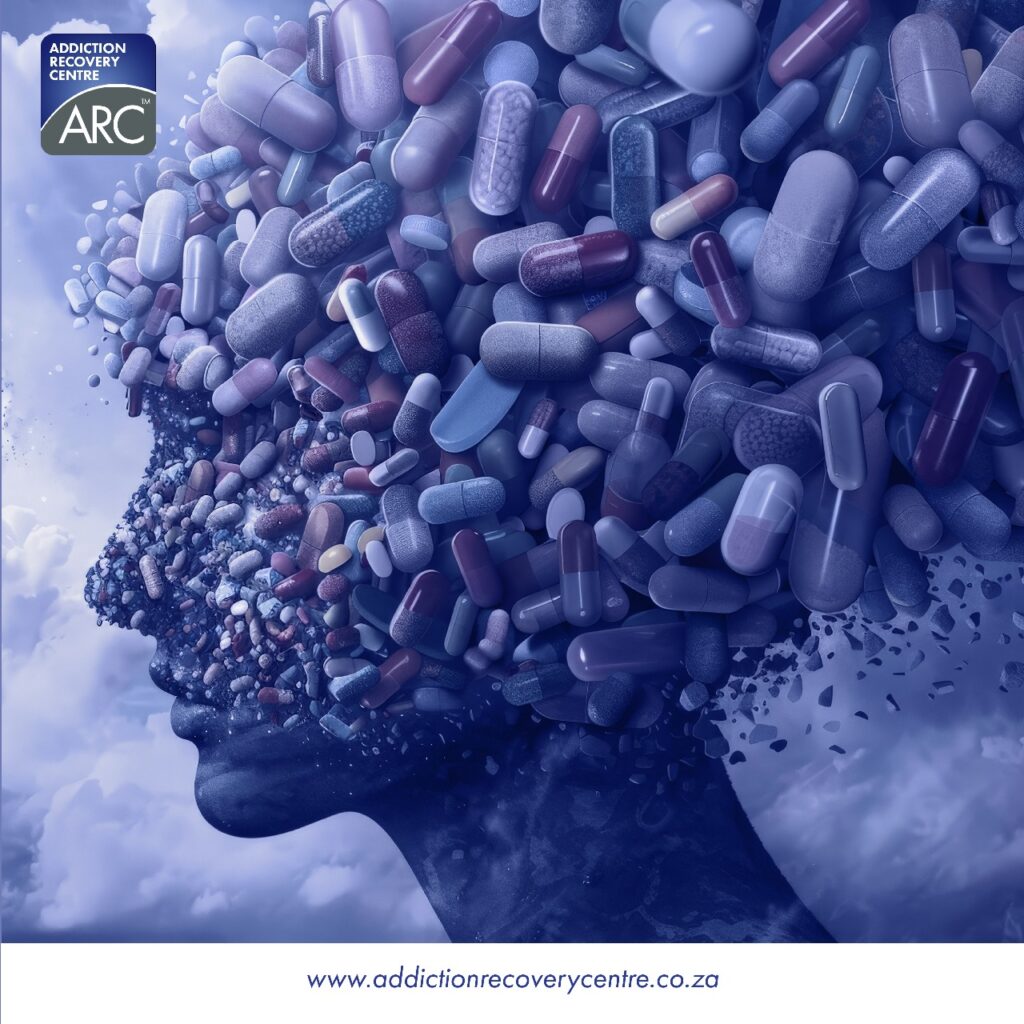
The Stages of Alcohol Addiction Recovery
The Stages of Alcohol Addiction Recovery
The stages of alcohol addiction recovery start with your acknowledgment of the struggle. You’ll then seek help and support from friends, family, or groups like Alcoholics Anonymous. After that, detoxification helps your body eliminate alcohol, often under medical supervision. Rehabilitation and therapy focus on understanding the root causes of your addiction and developing healthier coping strategies. Finally, long-term recovery involves commitment, healthy habits, and a support system. There’s much more to uncover about each stage.
Acknowledgment and Acceptance
When you recognize and accept your struggle with alcohol addiction, you take the vital first step toward recovery. This acknowledgment isn’t easy; it often requires deep introspection and honesty. You may feel a mix of shame, fear, and denial, but confronting these emotions is essential. Acceptance means understanding that your relationship with alcohol is harmful and that change is necessary. You might start noticing the impact on your health, relationships, and overall well-being. By admitting you have a problem, you empower yourself to seek transformation. Remember, this stage is about being compassionate towards yourself, recognizing that many face similar battles. Embrace this moment; it’s a powerful catalyst for growth and healing, laying the groundwork for the journey ahead.
Seeking Help and Support
Acknowledging your struggle with alcohol is a brave first step, but it’s just the beginning of your recovery journey. Now, it’s time to seek help and support. Reaching out to friends, family, or support groups can create a strong foundation for your recovery. You don’t have to do this alone; sharing your experiences with others who understand can be incredibly healing. Consider speaking to a therapist or counselor who specializes in addiction; they can guide you through this process. Look for local support groups like Alcoholics Anonymous, where you can connect with others facing similar challenges. Remember, seeking help isn’t a sign of weakness; it’s a powerful step towards reclaiming your life and well-being.
Detoxification and Withdrawal
As you begin your journey toward recovery, detoxification and withdrawal are vital steps that require careful attention and support. During detox, your body starts to eliminate alcohol, which can lead to withdrawal symptoms. These symptoms can range from mild anxiety to severe complications, depending on your level of dependence. It’s important to seek medical supervision during this phase to guarantee your safety. You’ll likely experience cravings and physical discomfort, but remember, this is a temporary phase. Staying hydrated, eating nutritious foods, and resting can help ease your symptoms. Surrounding yourself with supportive individuals can also make a significant difference. Embrace this time as the first step toward a healthier, alcohol-free life, knowing that recovery is possible.
Rehabilitation and Therapy
After you’ve navigated the challenges of detoxification, rehabilitation and therapy become essential components of your recovery journey. This phase focuses on understanding the root causes of your addiction and developing healthier coping strategies. You’ll engage in individual therapy, group sessions, or family counseling to explore your thoughts and emotions surrounding alcohol use.
These therapeutic approaches help you identify triggers and learn new skills to handle stress. Support from peers in group therapy fosters a sense of community, reminding you that you’re not alone in this process.
Finding the right rehabilitation program tailored to your needs can greatly impact your long-term success. Embrace this opportunity for growth, healing, and self-discovery, as it lays the foundation for your ongoing recovery.
Long-Term Recovery and Maintenance
Completing rehabilitation and therapy is just the beginning of your long-term recovery journey. To maintain your sobriety, you’ll need to develop healthy habits and a strong support system. Surround yourself with supportive friends and family who understand your goals. Regularly attend support group meetings, such as AA, to share experiences and gain encouragement from others facing similar challenges.
Establishing a daily routine can help you stay focused and reduce the risk of relapse. Incorporate activities that promote physical and mental well-being, like exercise, meditation, or hobbies you enjoy. Remember, recovery isn’t a straight path; it’s normal to face setbacks. When they happen, lean on your support system and revisit your coping strategies. Stay committed, and you’ll find lasting success in your recovery.
Frequently Asked Questions
What Are the Signs of Alcohol Addiction?
You might notice signs of alcohol addiction like cravings, increased tolerance, neglecting responsibilities, withdrawal symptoms, and continued use despite negative consequences. If you find yourself hiding drinking habits, it’s worth seeking help.
How Long Does Recovery Typically Take?
Recovery typically takes several months to years, depending on your circumstances. You’ll progress at your own pace, facing challenges and celebrating milestones. Staying committed and seeking support can greatly influence your recovery journey.
Can Addiction Relapse Happen During Recovery?
Yes, addiction relapse can happen during recovery. It’s important to stay vigilant and recognize triggers. Building a strong support network and employing coping strategies can greatly reduce the risk of relapse on your journey.
Is Medication Necessary for Alcohol Recovery?
Medication isn’t always necessary for alcohol recovery, but it can help some people manage cravings and withdrawal symptoms. You should consult a healthcare professional to determine the best approach for your unique situation.
How Can Family Support Aid in Recovery?
Family support can greatly aid your recovery by providing emotional encouragement, accountability, and understanding. When loved ones show empathy and actively participate in your journey, it boosts your motivation and helps you stay committed to change.
In your journey through alcohol addiction recovery, embracing each stage is essential. By acknowledging your struggles, seeking help, and committing to detox and rehabilitation, you’re setting the foundation for long-term recovery. Remember, this path isn’t linear, and challenges may arise, but with determination and support, you can maintain your progress. Stay focused on your goals, and celebrate your victories, no matter how small. Your resilience can lead to a brighter, healthier future.
